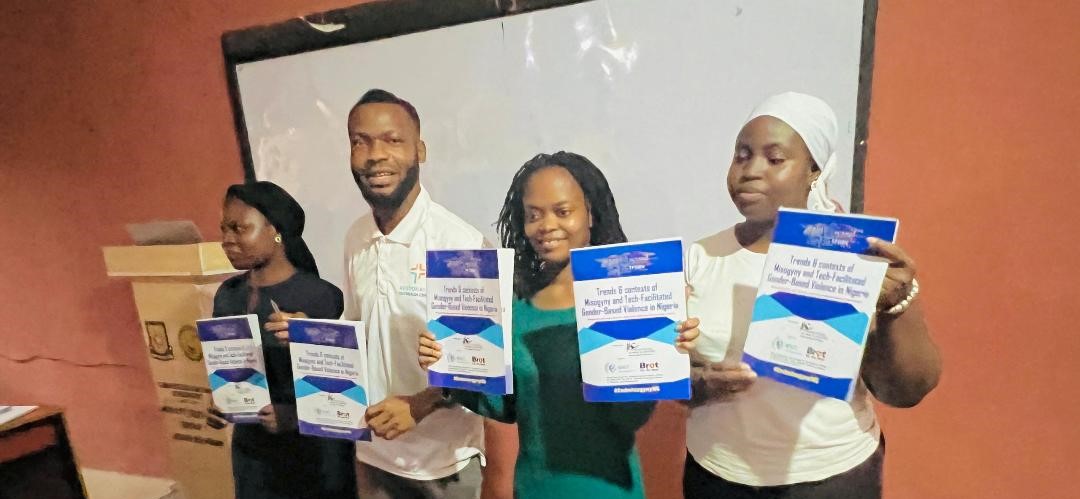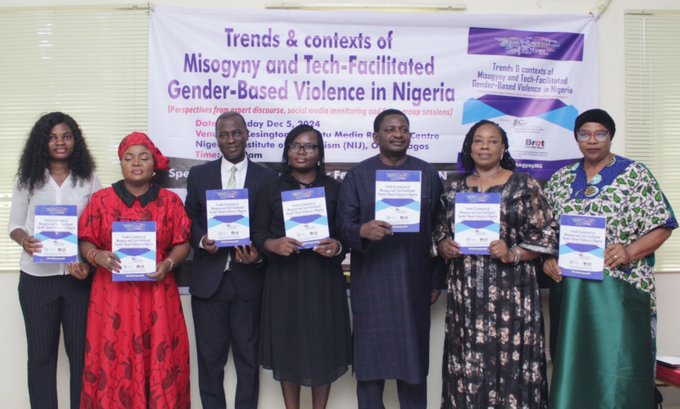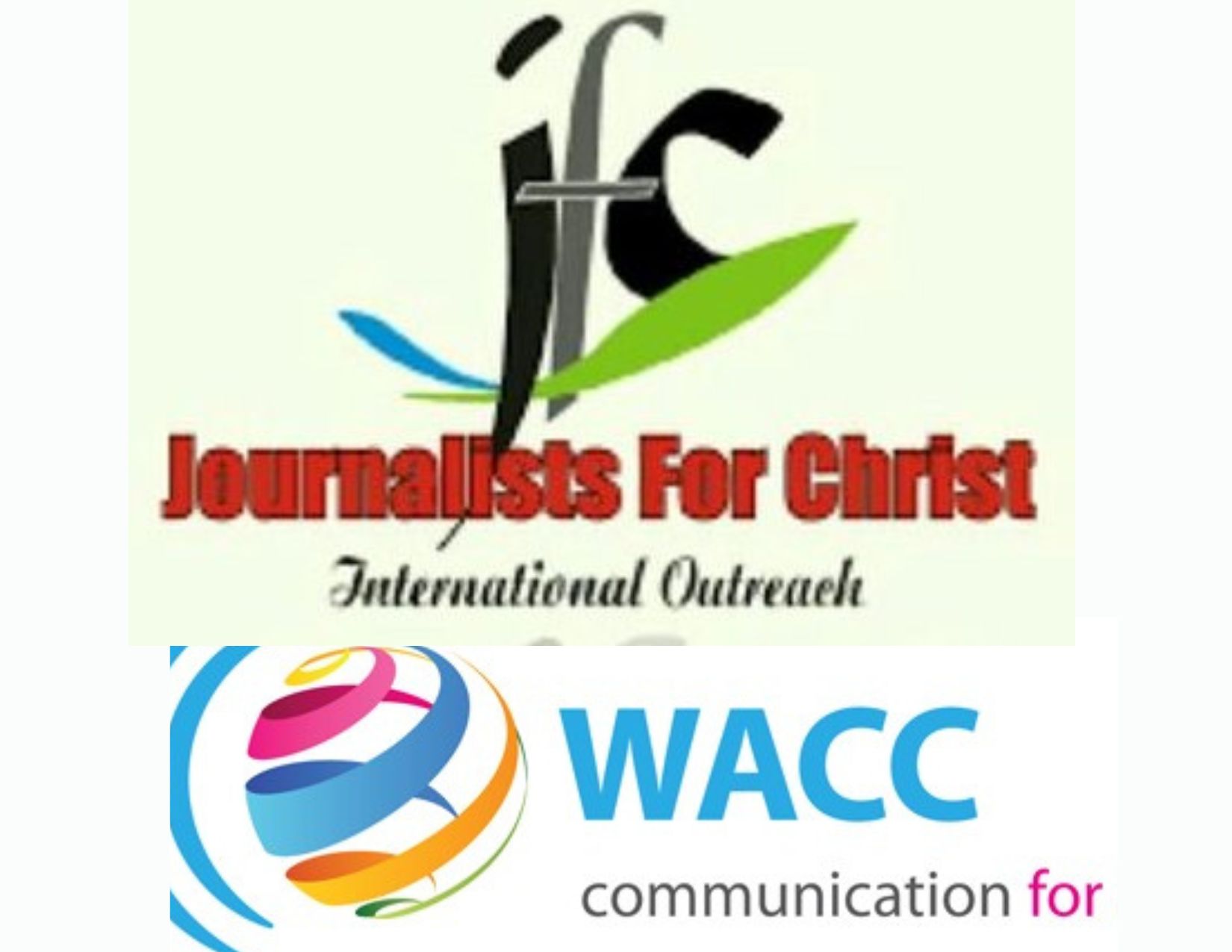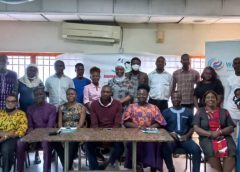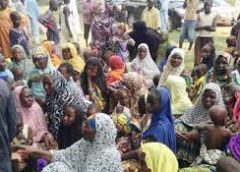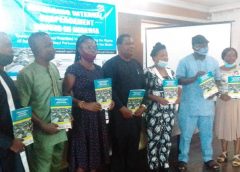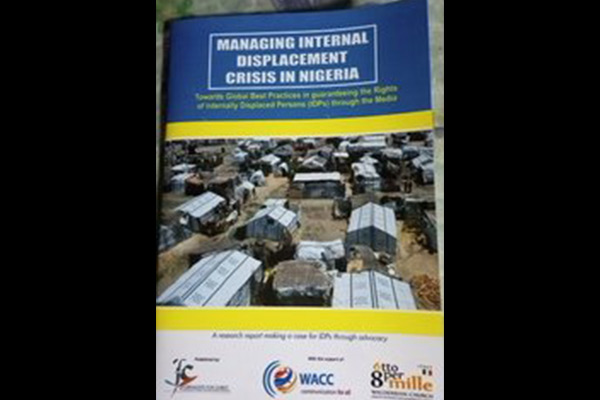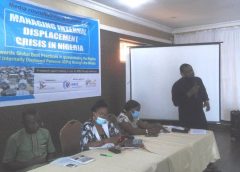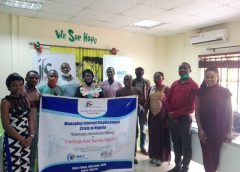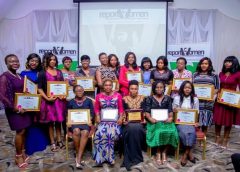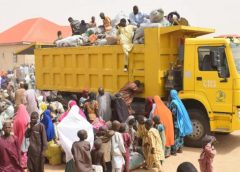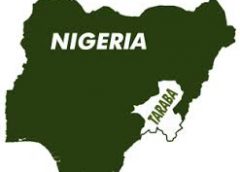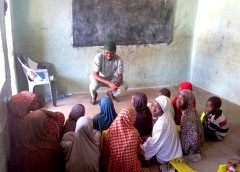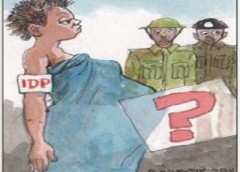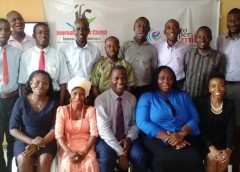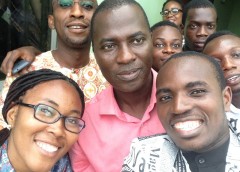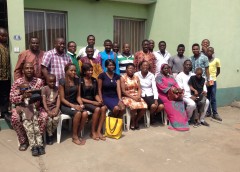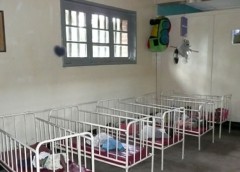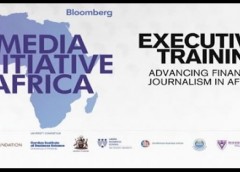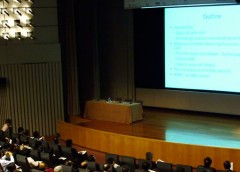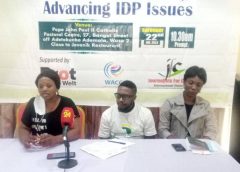
Project Officer of Journalists For Christ on the IDP Project, Dayo Emmanuel reports on the proceedings of the recently held media stakeholders parley on the welfare and rights of Internally Displaced Persons (IDPs) meeting in Abuja, Nigeria’s capital city.
The Nigerian government has been called upon to recognise the Internally Displaced Persons (IDPs) in the various camps as normal human beings and provide basic amenities so they can maximize their potentials and fulfil their purpose.
A leader in the Kuchingoro IDP camp located in the Federal Capital Territory, Abuja, Enoch Yohanna made the call during a day consultative/media parley on advancing IDP issues in Abuja, the Nigerian capital.
The event facilitated by Journalists For Christ (JFC) International Outreach is an activity in a year-long project sponsored by the World Association For Christian Communication, (WACC), Canada and Brot Fur die Welt.
According to Yohanna who has been displaced several times starting from his community in Borno State, northeast Nigeria due to activities of the Boko Haram insurgents, the plight of displaced persons cannot be overemphasised as they have been through the highest degrees of hardship in their fatherland.
“I have been displaced times without number, I was displaced from my home state in Borno, I have also been displaced in Abuja here. We have issues that are supposed to be of federal interest but the issues have not been addressed,” he lamented.
Yohanna however highlighted the various categories of displaced persons. “Who is an IDP and who is a potential IDP? There are kinetic and potential IDPs in Nigeria. The fact is that the Nigerian government has barely addressed it.
“We have different categories of the people that are displaced. There are people that are being displaced presently and there are people going to be displaced next. These are the three categories,” he explained.
Talking about the recent closure of some IDP camps in Borno State, Yohanna said, an average IDP wants to return to his natural habitat on the condition that the environment is safe and that the IDPs want to solve their own problems if so enabled.
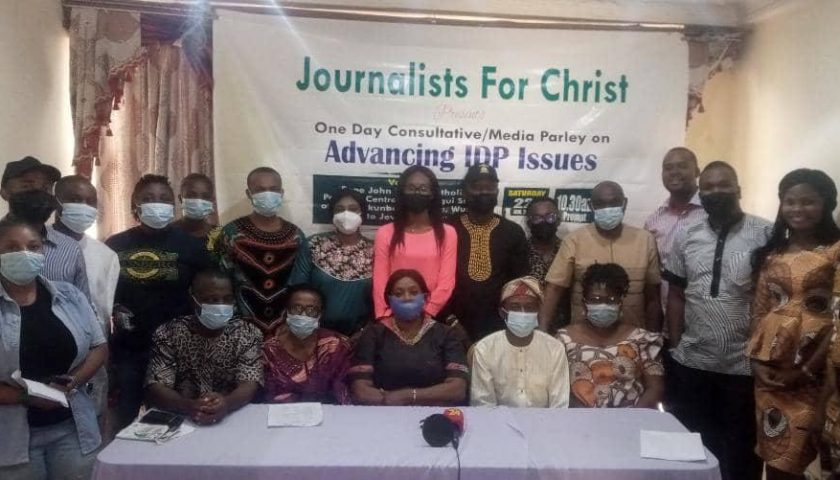
“We IDPs look into ways to solve our own problems. We have a challenge. I’m not convinced and I will never be convinced that the Nigerian government is ready to appreciate what the citizens are doing.
“We have about 18 camps between Nassarawa and Abuja, we used to have 24 before and those living in the camps that have been closed have moved to Nasarawa State.
“Being displaced is an opportunity because it is better than being killed. Those that were jobless have started working. It is a success story today that we have health and education interventions courtesy of the NGOs like FLEM and Africa Arise helping us, we have also created jobs for ourselves. If you request 1,000 bags of beans I will place a call and you will have them from our farms.
“We the IDPs have looked into our own situation and already providing solutions, with the help of God we are surviving. There is a market that was established by IDPs, we have our opportunities but the government has denied us our rights and opportunities. We don’t want to go back to where we will be killed, we want the media to help us. We appreciate what Journalists For Christ and its sponsors; WACC and Brut Fur have been doing and we are calling on Nigerians to support these people.
“No fewer than ten trucks leave our market every Monday and Tuesday supplying our farm produce to Ibadan but the government is not listening to us. We thank God for the NGOs working with us on education and health, giving us drugs and joining to educate our children. The issues are growing day by day, if the journalists keep quiet, we will continue to suffer. The only way to know how IDPs are faring is to go to the camps.
Earlier in the program Vice President of JFC, Mrs. Ugonma Cokey enjoined journalists to do more human angle stories especially as it concerns the plight of the IDPs.
“We journalists must do more to bring the plights of the IDPs to the fore. It should not always be about the big names in society. Human angle stories should be projected so that the policymakers can intervene, these are stories that win awards,” she encouraged.
The Deputy Director (Training) at the Voice of Nigeria, Cokey, said she would like to read human angle stories about IDPs in the next few weeks to show that the media really cares for the people who may not have their own voice and who did not cause the problem they are into.
Secretary of the board of Journalists For Christ, Mr. Gbenga Osinaike at the event relayed how the project began.
“It started in 2018 when we sold the idea to WACC in a proposal about the plight of IDPs in Nigeria and they bought into it,” he said.
According to the former Assistant Editor at the Punch newspaper and Publisher of Church Times, Nigeria, “This is the third leg of the project being sponsored by WACC. The first publication we did was called ‘Muffled Voices which was a fall out of the media monitoring of some newspapers in Nigeria.
“The project was simultaneously run in Kenya and Democratic Republic of Congo in which Nigeria coordinated the other countries to achieve same results.
“This is the third engagement we are having on IDP issues on JFC/WACC collaboration, it is not just a new project, we started in 2018 and for the past three years, we have got support from WACC which is the major sponsor. This is not the main program but a planning or strategic meeting, we have come this far and there is more to be done.
“We are still working on how to escalate the issues using the media intervention. We are here to advance the issues of IDPs strategically using media as a driving force. We are not in the position to end the IDP issues but we are in the position to influence things in their favour, what can we do to ameliorate the hazards, how can we help them to overcome some of the terrible memories and experiences they have, these are people who did not plan to become IDPs in their own country.
“That is why we want to use the power of the media to solve some of these problems so that those saddled with the responsibilities to influence things would be able to take up their responsibilities to make life easier for these people. At the end of these six months we want our stories our reports to make things better for the IDPs in various areas, health, education, feeding arrangement, security,” he said.
Panellists at the event include Ene Oshaba, a development journalist, John Wakawa of Africa Arise, an NGO working with the IDP camps and Bunmi Atteh of Full Life Empowerment Programme (FLEP), another NGO working to solve problems at the IDP camps. The panellists all shared their experiences working with the IDPs.
